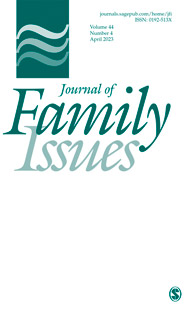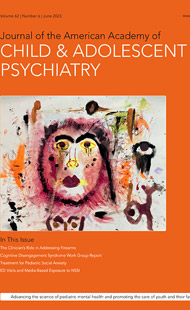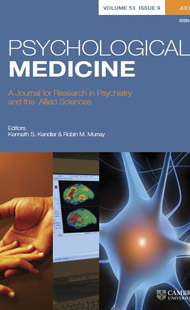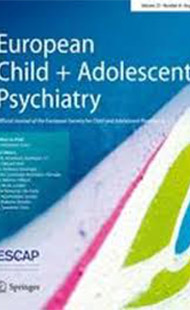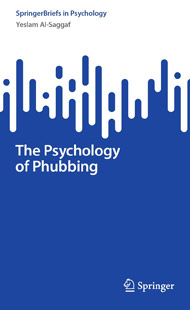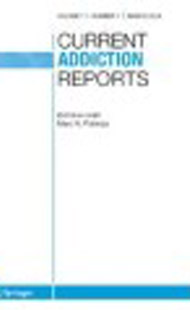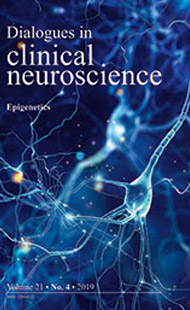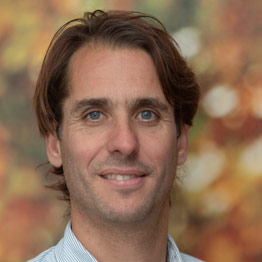"Youth, Relationships and Psychological Well-Being" is the proposal chosen for the ICS Challenge 2022-2023. Its goal is to study psychological well-being in adolescence and youth with an emphasis on interpersonal relationships. It will be approached with an interdisciplinary perspective that will take into account anthropology, sociology, linguistics, psychology and epidemiology, as well as any other discipline that can bring new approaches to the study of this period.
Adolescence and youth are periods of change, transition, crisis and construction. Young people must integrate into the adult world and face complex milestones and challenges that, to a large extent, will shape their later life. Thus, it is necessary to understand processes as varied as the shaping of personality, relationships with parents and peers, couple relationships and the onset of sexuality, interaction with new technologies or the world of work.
As a transitional stage, young people are a particularly vulnerable population with respect to their emotional and relational well-being. Biological changes (both external and neurological) and relational changes (interpersonal relationships and social roles) represent a challenge that affects well-being. The young person needs a certain inner balance to adequately face these challenges, and at the same time these challenges will influence his or her well-being. A thorough and rigorous understanding of these processes will help young people to successfully overcome this stage and successfully enter maturity.
The challenge ICS 2022-2023 is aligned to the Strategy 2025 of the University of Navarra'Health and Wellness'. The goal of this strategic line is for the University to be a place where study and work can be combined with a healthy lifestyle, as well as working together with other centers and organizations to contribute to promote a culture of health in society.
The ICS Challenge identifies a research topic with elevated academic impact and social interest that ICS researchers propose and then focus on during the academic year.
OBJECTIVES OF
challenge
► Increase in the critical mass of researchers.
► Dynamization of the research and the center.
► Increased internal and external visibility.
► Creation of new networks of researcher contacts.
► Seed of new research
► source of new results of high scientific and social impact.
→ 18/10/2022
Anxiety: severe or mild problem?
→ 03/11/2022
The Psychology of Phubbing
→ 24/11/2022
seminar launch of challenge "Youth, relationships and psychological well-being: a social science approach".
→ 15/12/2022
seminar "Youth, relationships and psychological well-being: a social science approach II".
→ 12/01/2023
workshop On "on line addictions adolescents and young people".
→ 02/02/2023
Youth health and well-being: perceived discomforts and needs.
→ 23/02/2023
Amplify your music with purpose
→ 07/03/2023
seminar "Spirituality, youth and well-being".
→ 14/03/2023
ICS Lectures "On the promotion of human flourishing: fostering human potential".
→ 09/05/2023
What is it to be an adult in the 21st century? Evidence from the social sciences.
→ 19/05/2023
The person and her/his moral and spiritual maturation.
→ 08/06/2023
workshop academic-professionals: "School and family mediation: current outlook and challenges".
→ 19/06/2023
Mental health in academia: reflections on fostering a kinder university.
The ICS has worked in many different ways on the psychological well-being of young people in recent years, addressing diverse topics such as variables measuring well-being, relational conflicts and mediation, violence in the context of the adolescent couple, or mental health and its treatment in young people. The challenge ICS will allow to continue these programs of study and, perhaps more importantly, to provide new approaches and specific projects that contribute to the global study of challenge.
LATEST PUBLICATIONS OF THE CHALLENGE ICS
→ The "Transadult: Transitions to adulthood in the twenty-first century" project seeks to identify, starting from sociology, demography and psychology, the capacities and skills that facilitate the development of a mature identity capable of successfully facing the challenges of adult life. For this, it relies on quantitative data from a survey sample of 1,200 young people between ages 18 and 32 that is representative of Spanish national territory; in addition, 30 of these young people were interviewed about their experiences, attitudes and expectations during their transition to adulthood.
→ The "Well-being while using internet, social networks and digital entertainment" project seeks to identify, starting from sociology, demography and psychology, the capacities and skills that facilitate the development of a mature identity capable of successfully facing the challenges of adult life. For this, it relies on quantitative data from a survey sample of 1,200 young people between ages 18 and 32 that is representative of Spanish national territory; in addition, 30 of these young people were interviewed about their experiences, attitudes and expectations during their transition to adulthood.
→ "YourLife" is an international project aimed at studying young people's lifestyles and personal relationships. More than 20,000 adolescents have responded to the project’s questionnaire in one of its three phases. The questionnaire asks participants about aspects of the education they have received and about their knowledge, opinions, attitudes and behaviors related to peer and romantic relationships, affectivity, sexuality, leisure and lifestyles.
→ The "InMedio" project aims to develop an interdisciplinary (linguistic-sociological) model that explains institutionalized and non-institutionalized forms of mediation. Within the 2022-2023 ICS Challenge, lnMedio seeks to identify which mediation skills are best suited to the socio-communicative profile proper to young generations, the characteristics of conflicts particular to young generations and the psychological, emotional and attitudinal effects that mediation exercises have on the young people who participate in them.
→ The challenge ICS will also be reflected in the execution of systematic reviews and meta-analyses related to youth mental health, derived from the partnership of the group Mind-Brain with international experts such as Samuele Cortese (University of Southampton) and framework Solmi (University of Ottawa); and in the deepening of the effects of COVID on mental health.
Researchers who have joined the Challenge:
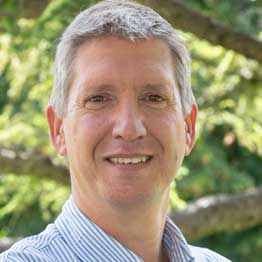 Alfonso Osorio
Alfonso Osorio
Education of Affectivity and Human Sexuality
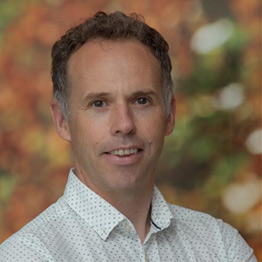 Javier Bernácer
Javier Bernácer
Mind-Brain Group
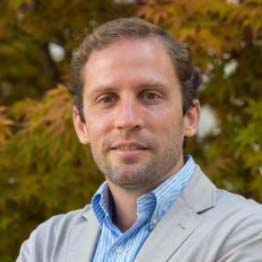 Javier García Manglano
Javier García Manglano
Youth in transition
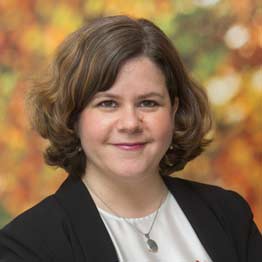 Inés Olza
Inés Olza
Links, creativity and culture
Visiting fellows
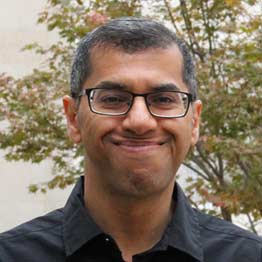 Yeslam Al-Saggaf
Yeslam Al-Saggaf
Charles Sturt University
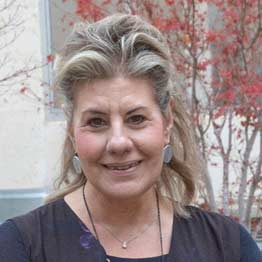 Kleio Akrivou
Kleio Akrivou
Henley Business School, University of Reading
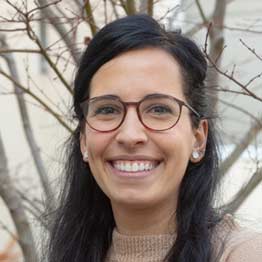 Gemma Mestre
Gemma Mestre
Universidad Internacional de La Rioja




